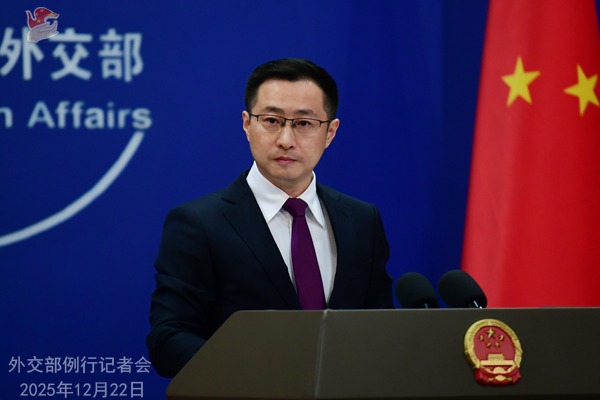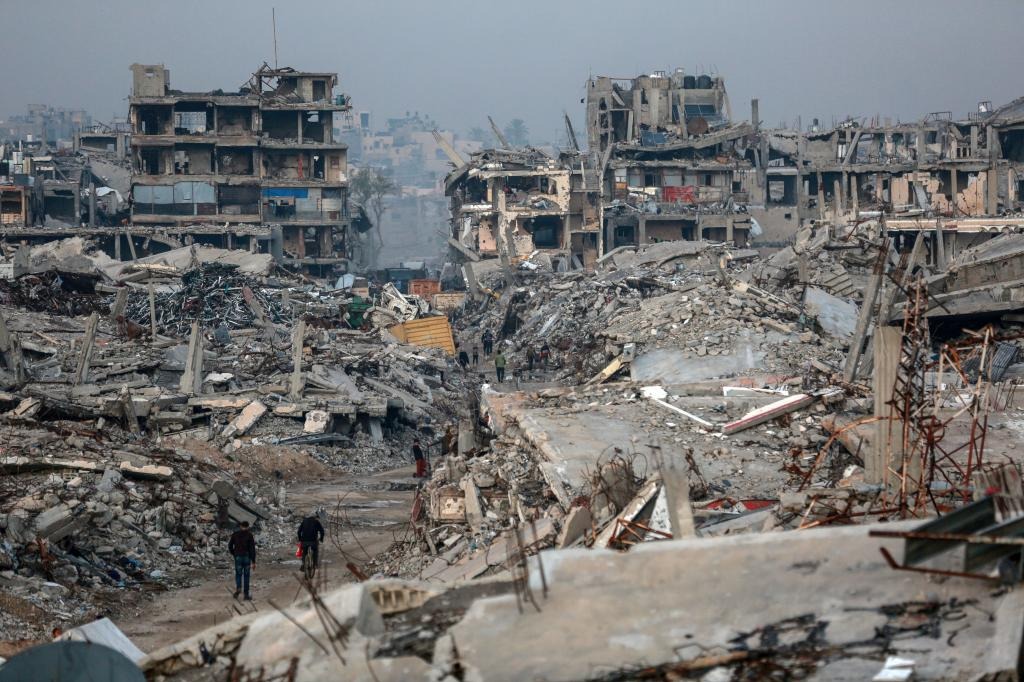Globalization has arrived at historical tipping point


Spreading in more than 218 countries and territories, COVID-19 has forced the world's economic development to pause for the first time in history.
The pandemic broke out one year after the World Economic Forum's Globalization 4.0 meeting, at which it was announced that a new era was being ushered in by the Fourth Industrial Revolution.
While prevailing discontent, inequality and conflicts from previous globalization episodes had not been resolved, Globalization 4.0 was set in motion by the engine of technological development. When the coronavirus outbreak suddenly hit just as the new era was taking off, an aggregation of hope and fear, confidence and anxiety, optimism and accusation epitomized the world's severe under-preparedness for this nonreversible historical progress.
Global health, economic growth and social development have all faced severe challenges, which precipitated the world to seek a new recipe for global governance and economic order.
The new characteristics, dimensions and dynamic mechanism of globalization constitute a historical tipping point-"Globalization@2021", which marks the line between "pre-coronavirus globe" and the "post-coronavirus globe".
The virus underlines the past three decades' evolvement and globalization, and shows that the world has entered a novel stage with two new characteristics. First, globalization has reached the full scope of the globe; the world will not get out of this virus crisis until all countries are safe. Second, the global industrial and supply chains have been fully formulated. A pandemic can close airline companies, bankrupt clothing giants, put international tourism at a standstill, and cause the collapse of many industries overnight. In the industrial and supply chain dimension, there is neither opting out nor independent movement without consequences that would affect the world.
Contemporary globalization advances on four driving wheels-trade, investment, population and technology flow. While the three other wheels have gotten stuck due to the virus, technology flow keeps rolling. Hit by the virus, this wheel has even accelerated.
Beginning in the late 1990s, globalization has been primarily impelled by the exchange of capital in developed countries and labor in developing countries.
With the advent of the Fourth Industrial Revolution, technological development has entered a trajectory that is no longer linear, but in a disruptive and explosive mode. This tremendous and fast change in technology has been further accelerated by the virus.
On one hand, information and communication technology has enabled ways of working and living, with working from home and remote education being widely adopted. On the other hand, big technology powers including the United States, the European Union and China have utilized a new legion of technology such as artificial intelligence, big data analytics and robotics to revolutionize the response to the pandemic, from early warnings and clinic treatment to situation monitoring and vaccine development.
The technological development of countries is no longer a zero-sum game, and the relationship among countries is not win or lose. The technological capacities of countries are highly uneven in their COVID-19 response. The virus has made the world realize that to address this crisis without national boundaries, national and international technological activities have been interlinked more than ever, despite the fact that competition is intensified and will outlast the pandemic. Although there has been a race to develop the first successful vaccine against the virus, countries have been in close collaboration.
Led by the World Health Organization, the Coalition for Epidemic Preparedness Innovations and Gavi, the vaccine alliance, economies from 172 countries and regions have joined in discussions about COVAX, a global initiative aimed at working with vaccine manufacturers to provide countries worldwide with equitable access to safe and effective vaccines.
Countries also face a novel, severe challenge brought by technological development itself, in addition to competition from others since before the pandemic. This new legion of technology in the Fourth Industrial Revolution competes with human beings in intelligence for the first time in history. It brings a surge in productivity growth, rising living standards and investment returns. But it also causes massive job insecurity and widening inequality, and even changes entire industries.
A brighter prospect of globalization requires a change of mind on technology: A zero-sum game mindset is no longer relevant. The success of achieving resilience and new competitiveness beyond Globalization@2021 lies in new aspects.
First, a collaborative global vision is needed. While most countries have already equipped themselves with a national technology program supporting the decadeslong creation of new technology, a timely understanding of how to succeed in a global technological ecosystem is missing.
Second, there must be an inclusive social mode. While the virus has intensified the interruptive effect of technology on society, the primary threat of a country's employment security is no longer the flight of jobs to countries with lower labor costs, but the massive amount of jobs being threatened by intelligence and automation technology, and the huge number of new jobs requiring higher skills, which society is not ready for.
The new competitiveness of a country will not only be determined by how much new technology it can create, but also by its capacity in developing social innovation policy and mechanisms to ensure that every member of society can benefit from and acclimate to technological development.
High in priority for the Globalization@2021 agenda is a paradigm shift, moving away from the dichotomies of trade and protectionism, technology and monopoly, economic development and social equity, national profit and global public good.
An updated understanding of globalization and competitiveness can ensure that countries navigating the irresistible tide of globalization have a resilient, shared future.
Sheng Wu is a technical officer at the World Health Organization's headquarters in Geneva. Bernhard Schwartlander is chef de cabinet at WHO headquarters.

































